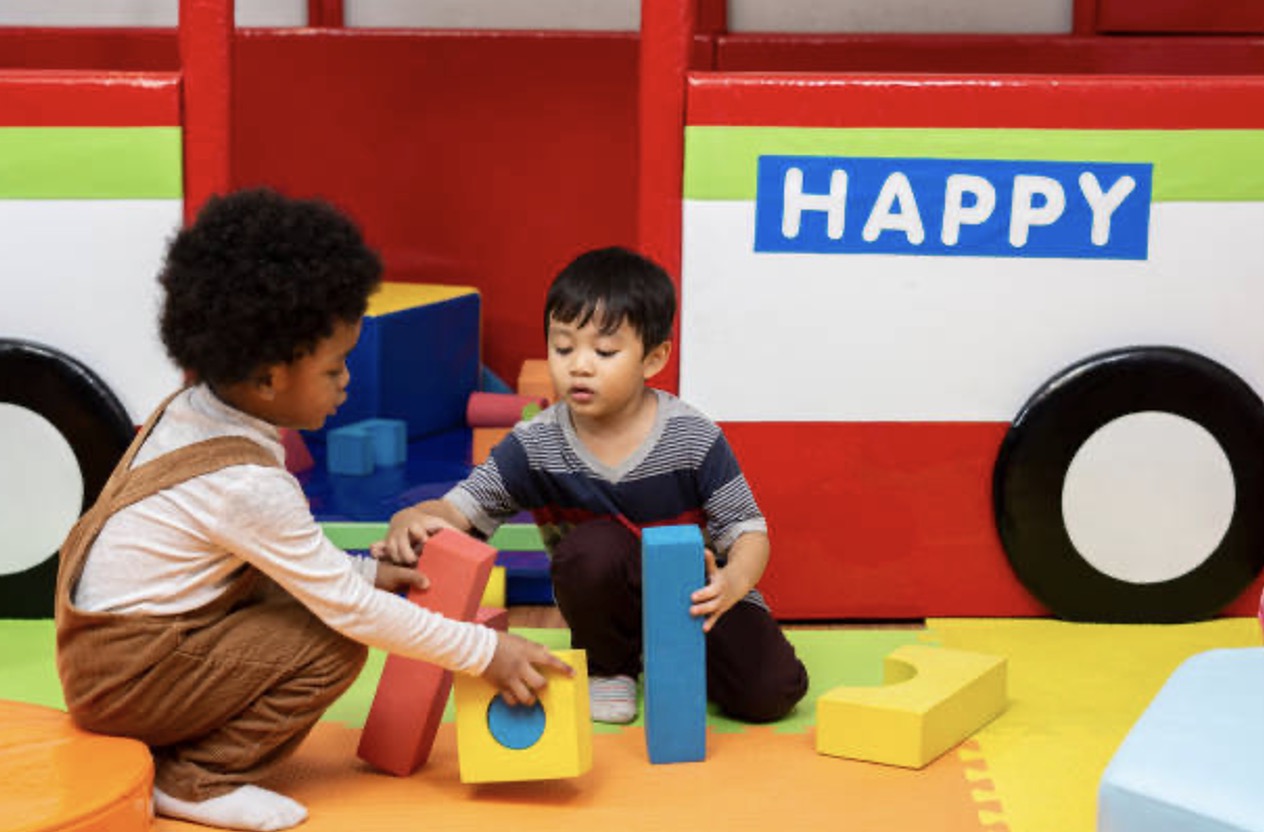Research

Why Reciprocal Play is Crucial in Early Education

Reciprocal play is crucial in early education as it lays the foundation for a child’s social and emotional development. Reciprocal play refers to the back and forth interactions between children during play, where they take turns leading and following, and respond to each other’s actions and cues. It is an important aspect of child development as it helps children learn to interact with others, share, take turns, and communicate effectively.
One study published in the journal “Developmental Psychology” found that children who engaged in more reciprocal play had better social skills, including better emotional regulation and greater prosocial behavior, compared to children who engaged in less reciprocal play. This suggests that children who engage in more reciprocal play are more likely to have better relationships with their peers and adults, which is crucial for their social and emotional development.
Another study, published in “Child Development,” found that children who engaged in more reciprocal play had better cognitive development, including better language skills and problem-solving abilities, compared to children who engaged in less reciprocal play. This suggests that children who engage in more reciprocal play are more likely to have better cognitive development, which is crucial for their overall intellectual growth and academic success.
A third study, published in “Early Childhood Research Quarterly,” found that children who engaged in more reciprocal play had better executive function, including better working memory and cognitive flexibility, compared to children who engaged in less reciprocal play. This suggests that children who engage in more reciprocal play are more likely to have better executive function, which is crucial for their ability to plan, organize, and complete tasks.
In conclusion, research has shown that reciprocal play is crucial in early education as it lays the foundation for a child’s social and emotional development. Children who engage in more reciprocal play are more likely to have better social skills, cognitive development, and executive function.
Educators and parents should encourage children to engage in reciprocal play and create opportunities for children to interact and play with their peers.
References:
“Developmental Psychology” study:
https://psycnet.apa.org/record/2016-07126-014
“Child Development” study:
https://www.ncbi.nlm.nih.gov/pmc/articles/PMC5888204/
“Early Childhood Research Quarterly” study:
https://www.sciencedirect.com/science/article/pii/S0885200618301932
Start using Personhood360 for free!
Access all Personhood360 features for 30 days, to see how Personhood360 can add value to your early childhood centre.
Or compare plans from $2.45 per child/month
![]() Cancel any time
Cancel any time![]() Online Support
Online Support
